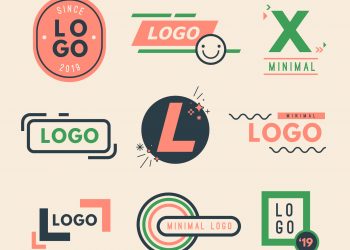As a beginner in website design, delving into the world of creating beautiful and user-friendly websites can be both exciting and daunting. In this article, we’ll explore some essential aspects of website design that every beginner should consider to craft compelling and effective websites.
The Significance of User Experience (UX)
User Experience, commonly known as UX, is at the heart of successful website design. It focuses on creating a seamless and enjoyable experience for users when they interact with your website. A well-designed UX enhances usability, accessibility, and overall satisfaction, encouraging visitors to stay longer and engage with your content.
Minimum Skills Required for Website Design
While website design can be learned gradually, beginners should have some fundamental skills to get started. Knowledge of HTML and CSS is crucial, as these languages form the foundation of web design. Understanding how to structure content with HTML and style it with CSS will empower you to create visually appealing layouts.
Harnessing the Power of CSS
Cascading Style Sheets (CSS) is a powerful tool in website design that enables you to control the appearance and layout of your web pages. By mastering CSS, you can customize fonts, colors, spacing, and other design elements to match your vision. CSS plays a vital role in creating a consistent and visually appealing user interface.
The Advantage of Pre-Built Templates
For beginners, using pre-built templates, like free or paid WordPress themes, can be a game-changer. These templates provide a ready-made design framework that you can customize to suit your needs. They save time and effort, allowing you to focus on content and functionality while still achieving a polished and professional look.
Responsive Design and Mobile Optimization
In today’s mobile-first world, it’s crucial to create websites that adapt seamlessly to different devices and screen sizes. Responsive design ensures that your website looks and functions well on desktops, laptops, tablets, and smartphones, providing an optimal user experience across all platforms.
Testing and Iteration
As a beginner, don’t be afraid to experiment and iterate. Test your website across various browsers and devices to identify and address any issues. Gathering feedback from users or peers can also provide valuable insights to improve your design.
In conclusion, website design for beginners revolves around delivering an exceptional user experience. With essential skills in HTML and CSS, you can build a solid foundation for your web design journey. Leveraging the power of pre-built templates, responsive design, and continuous testing will enable you to create captivating websites that leave a lasting impression on visitors. Remember, website design is an ongoing process of learning and refining, so embrace the journey and continually seek to enhance your skills to become a proficient website designer.








